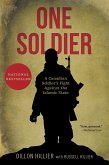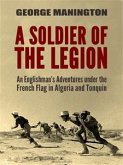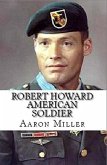Born and raised in Newfoundland, Hillier joined the military as a young man and quickly climbed the ranks. He played a significant role in such domestic challenges as the ice storm that paralyzed much of eastern Ontario and Quebec in 1998, and quickly became a player on the international scene, commanding an American corps in Texas and a multinational NATO task force in Bosnia-Herzegovina. But it was his role as General Rick Hillier, Canada's Chief of the Defence staff, that defined him as a Canadian icon.
In Afghanistan, Canada faced its first combat losses since the Korean War, with every casualty becoming front page news. A country formerly ambivalent, or even angry, about its role in the conflict suddenly became gripped by the drama unfolding not only in a war zone halfway around the world but in unfriendly conference rooms in Ottawa. There, as everywhere, Hillier pulled no punches, demanding more funding, more troops and more appreciation for the women and men fighting a war on foreign soil. This hard-hitting, honest account of Hillier's role-told in his own words-will be one of the most important books published in Canada this decade.
Dieser Download kann aus rechtlichen Gründen nur mit Rechnungsadresse in A, B, BG, CY, CZ, D, DK, EW, E, FIN, F, GR, HR, H, IRL, I, LT, L, LR, M, NL, PL, P, R, S, SLO, SK ausgeliefert werden.









